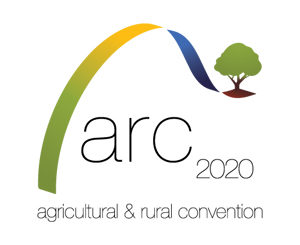
During a conference organised on October 14th in Bucharest, Commissioner Dacian Cioloş presented the key elements of the Common Agricultural Policy reform to the Romanian audience. Despite significant changes in the two Pillars and the multiple axis system of the CAP, and the presence of officials from the Ministry of Agriculture and Rural Development, farmers’ representatives and environmental NGOs, only a few official reactions were issued, positive and negative.
While Commissioner Cioloş declared that he expects many states will criticise the proposals, on the Romanian part, Ministry of Agriculture Valeriu Tabara told the press he is sure the CAP post 2013 will advantage the national agricultural potential and ensure that Romania’s agriculture progresses.
PAES, the Platform for a Sustainable and Equitable Agricultural Policy, set up by a number of environmental and rural NGOs in Romania, stressed the importance of a strong and meaningful ‘greening’ of both CAP pillars for Europe’s environment and for the future of European farming.
While the legislative proposals presented by the European Commission are a step forward for the CAP reform, Romanian NGOs fear rural areas will suffer if the new changes come into action, as Pillar II has become agricultural, rather than emphasizing its rural nature.
The main concerns in Romania relate to the placing of agri-environment measures in Pillar II, rather than Pillar I, introducing farming systems as the main factor in rural development.
Key questions asked are:
- Why should Pillar II include insurance/ risk management schemes for farmers if they receive direct payments from Pillar I, and could these be moved to CMOs?
- Why doesn’t the knowledge transfer support all rural areas’ activities, but only farming?
- Why have farm advisory services become mandatory in the EU, whilst no rural development agents/facilitators are mentioned in the proposals?
Unfortunately there was no official reaction, from ministries, political parties, farmers’ unions and NGOs trying, perhaps, to keep under the radar.




